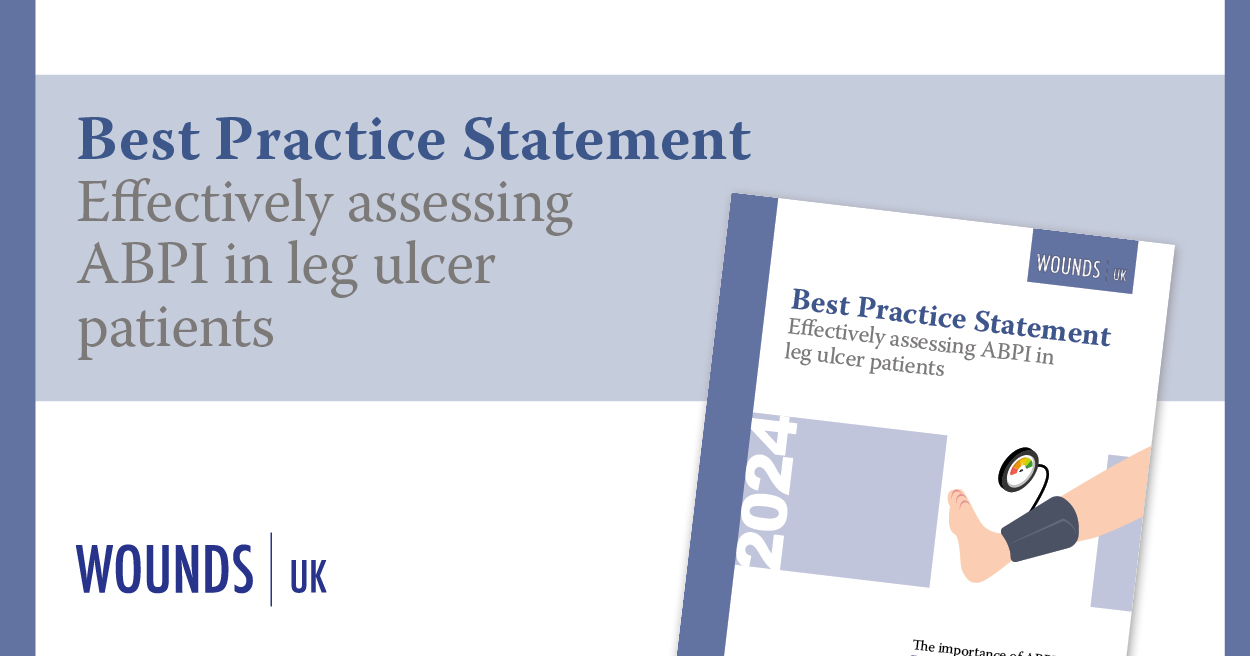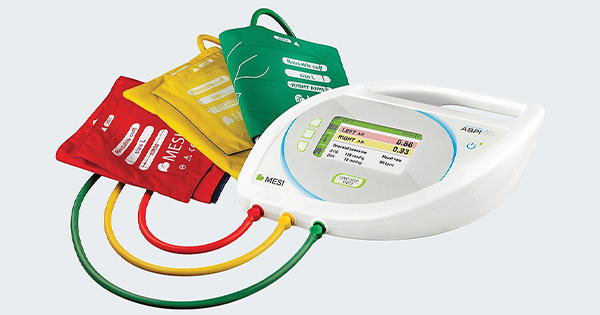I find it interesting how we choose to follow or not follow guidance. If the National Institute for Health and Care Excellence (NICE) say ‘do not do’ then everyone stops immediately, even if what they say is that there is insufficient evidence in this patient group; but if NICE recommend, it seems people pick and choose if they do it or not. How can that be?
I love this phrase from my colleague Heidi Sandoz: ‘Where a person with capacity, for reasons that seem sensible to them, chooses not to agree to follow advice’. We often think about this in terms of when patients make decisions – but what about decisions made by clinicians?
Do we always make the right decision for the right reason? Do we suffer from decision fatigue, and frustration at changes being made? Do we always know (or want to know) why decisions were made and what the wider benefit is — or are we just concerned with the local impact, the effort ‘I’ am going to have to make, and how it will look that we are saying something different – did we not know what we were talking about? What about if we don’t agree with the decision? Should we challenge it, or just keep quiet, shrug our shoulders, mutter about it, but do nothing? Or do we do just that – do nothing, not disagree with it openly but just boycott or veto it?
Challenging something that ‘has always been done’, that perhaps a huge amount of effort over time has gone into achieving, is not a step to take lightly, but sometimes it has to be done. Challenging widely accepted views, views supported by international consensus, is really, really daunting. You question your thought processes, you question your actual sanity. ‘Surely all those people can’t be wrong, surely they can’t have missed this?’ — but what if they have? Or maybe things have just changed and moved on: the original ‘thing’ or decision was made at a point in time when it worked for that situation, that level of knowledge and understanding. Now the world has moved on and we need to be brave and prepared to acknowledge changes are needed in order to move forward and not keep on making the same mistakes. We have all heard the famous quote – ‘insanity is doing the same thing over and over again, but expecting different results’. It feels a little like that some days in tissue viability; we have a ‘Groundhog Day’ situation. So, do we keep on doing the same things, or do we stop and actually question not just what we are doing, but why we are doing it. What is the purpose, what does it achieve, does it make any difference at all, or does it just leach our time away for no obvious clinical benefit?
It is obvious that the NHS is under huge pressure; waiting times in A&E are in the headlines again. There is constant talk about improving flow and patient throughout. We have too few members of every discipline of clinical staff, particularly in the community. Often we rely on a constantly changing population of social carers to be our eyes and ears and our early warning systems. Our staff are stressed, stretched, overworked and underpaid (and that’s why we are still seeing colleagues fighting for their livelihoods and striking). What can we do to improve this? We can’t magically create new staff; we can look at processes and review those that are inefficient, cumbersome and serve no purpose. Now more than ever we need to ‘work smart’. That doesn’t mean just being process-driven; it means working smart so we have the time to do the thing most of us want to do: deliver care to our patients, care that makes a positive difference both to them and us. We need to work as strong teams to ensure we are not replicating processes (just how many times can you document one thing about the same patient?). We need to network, to share learning, learning what works, and more importantly what didn’t, but also why.
It can be hard to do this when you are on a constant treadmill of trying to keep up with the demand of what is right in front of you. What is urgent isn’t always important, but separating those out is often not easy, and asking for time and space to be strategic and to plan seems impossible in a world where just booking some study leave seems like asking for the moon!
We need to have each other’s backs, support each other, share the positives, recognise when someone is creaking and prop them up, take our turn at being the strong one – you never know when you may be the creaking one!
So, please consider publishing the work that you do that made a difference. I know it’s hard to find the time and, even though you probably view it as ‘just what you do’, remember all the articles you have read that helped you. Every time you think ‘I haven’t got the time’, or ‘I don’t know where to start’, or ‘it’s too hard’, remember what a difference it made to you. So, be that shining light, share your good work. We’d love to hear from you.






